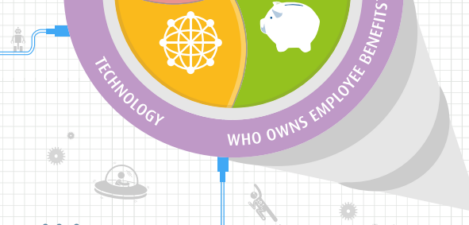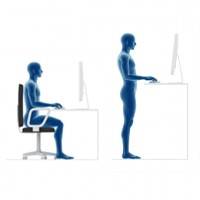August 28, 2015
Mind research reveals relentless email checks extend to toilet breaks 0
 There have been quite a number of polls over the summer warning of the dangers of presenteeism and overwork; but the latest one from Mind does make for uncomfortable reading. It has found that more than 1 in 7 of people (15 percent) who receive work emails sometimes check them while in the toilet and nearly 2 in 5 (38 percent) of those who receive work emails admit that they often check them outside of work. Only half of respondents (50 percent) say that their manager respects that they have a life away from work. As well as having personal lives interrupted, the survey found that this relentless email-checking culture is making it difficult for workers to switch off when they should be preparing for sleep and the mental health charity warns a culture of working round-the-clock is making it difficult for people to achieve a healthy work/life balance.
There have been quite a number of polls over the summer warning of the dangers of presenteeism and overwork; but the latest one from Mind does make for uncomfortable reading. It has found that more than 1 in 7 of people (15 percent) who receive work emails sometimes check them while in the toilet and nearly 2 in 5 (38 percent) of those who receive work emails admit that they often check them outside of work. Only half of respondents (50 percent) say that their manager respects that they have a life away from work. As well as having personal lives interrupted, the survey found that this relentless email-checking culture is making it difficult for workers to switch off when they should be preparing for sleep and the mental health charity warns a culture of working round-the-clock is making it difficult for people to achieve a healthy work/life balance.
































July 9, 2015
Many employers discourage home working, unless it is out of hours
by Sara Bean • Comment, Flexible working, News, Wellbeing, Workplace
(more…)